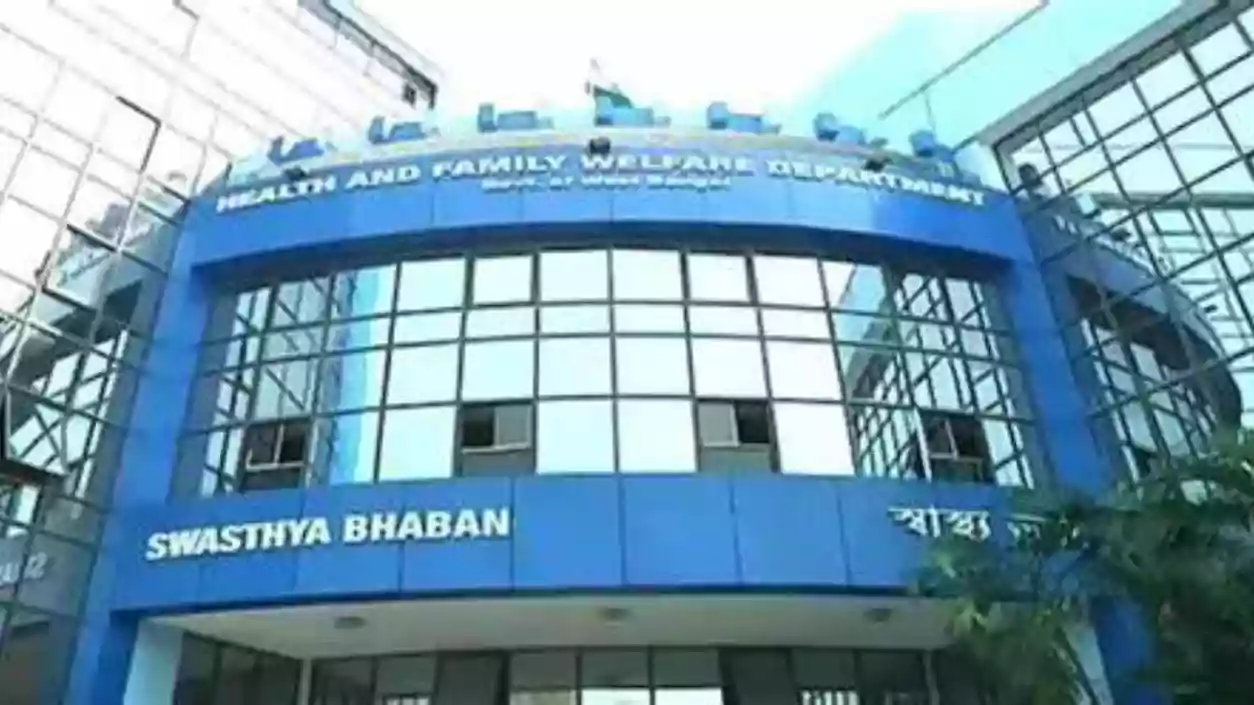.gif)
.gif)

A central government team visited South 24 Parganas and Malda districts in West Bengal on Wednesday as part of a detailed assessment of health initiatives funded by the National Health Mission (NHM). The primary focus of the visit was to collect data on infectious diseases, especially tuberculosis (TB) and HIV, ahead of the 2024 census. The team sought detailed information on the number of active cases, recovery rates, treatment progress, and overall disease management, with the aim of ensuring that accurate health data is included in the national census.
During the visit, the central team toured several medical colleges and hospitals where treatments for infectious diseases like TB and HIV are provided with central government support. The team examined the effectiveness of various national health programs, including the pulse polio vaccination initiative, which is entirely funded and managed by the central government. The team also looked into the allocation, expenditure, and utilization of funds for the treatment of infectious diseases, focusing on the financial sustainability and efficiency of state-managed healthcare projects.
In recent years, West Bengal has faced significant challenges in securing adequate funding for health projects, particularly due to a standoff over nearly ₹1,600 crore in central funding. The central government had withheld the amount due to issues regarding financial distribution and the implementation of NHM projects. As a result, the state government has had to use its own resources to cover the treatment costs for infectious diseases, including TB and HIV, which has strained the state’s healthcare budget and affected the implementation of several key health initiatives.
The central team’s visit also highlighted the need for strengthening healthcare infrastructure, particularly in rural areas, to ensure more effective disease management. The team reviewed ongoing efforts to reduce TB transmission, including awareness programs and strategies to encourage consistent treatment. Health officials have reported that while TB and HIV cases have decreased in urban centers like Kolkata and Siliguri, the state still faces challenges in rural and suburban areas. Efforts to provide regular check-ups, nutritional support, and counseling services for patients have been emphasized as crucial for improving treatment adherence.
To meet the ambitious goal of eliminating TB by 2025, state health officials have called for increased funding and better coordination with the central government to ensure that necessary infrastructure and resources are in place. With the census fast approaching, health authorities are prioritizing the collection of accurate data on infectious diseases to ensure that health policies are informed by up-to-date information.